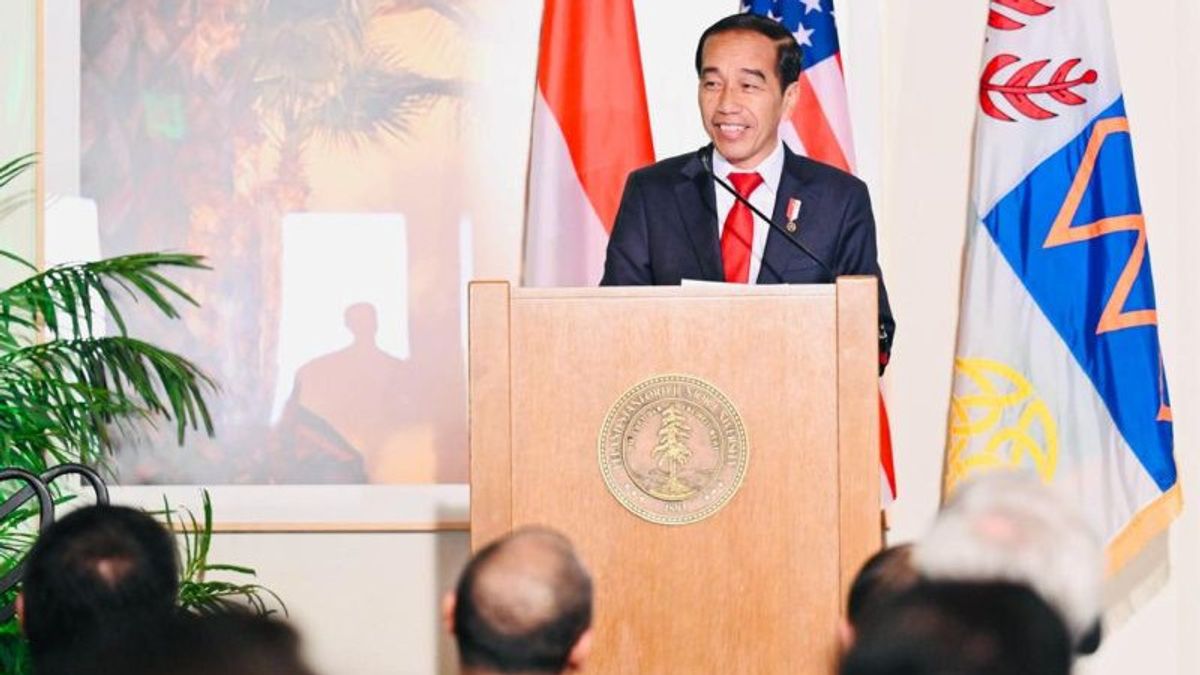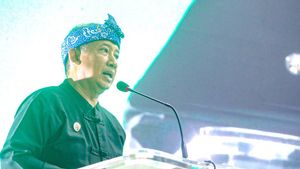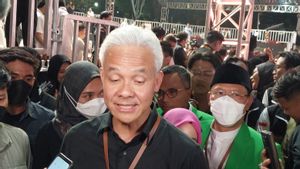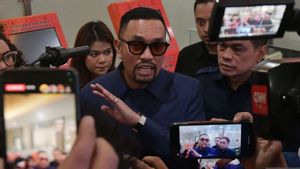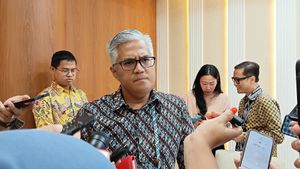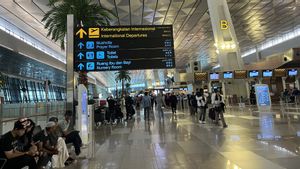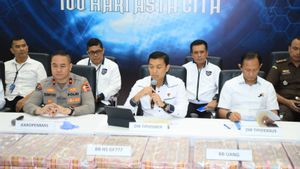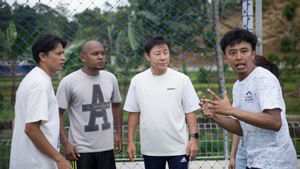JAKARTA - President Joko Widodo (Jokowi) emphasized that collaboration is very important and concrete strategic steps are needed to face the impacts of climate change which are increasingly threatening at this time.
"In facing the impact of climate change which is increasingly threatening today, collaboration is very important and concrete strategic steps are needed. Without it, it is impossible for us to guarantee sustainability and the only earth we love," said Jokowi when delivering a public lecture at Stanford University , San Francisco, USA quoted in a written statement from the Presidential Secretariat Press Bureau in Jakarta, Thursday, November 16.
Indonesia itself is said to have taken a role and is committed to overcoming climate change and implementing an energy transition program, by reducing 91.5 million tons of emissions.
In addition, Indonesia's deforestation rate by 2022 has been reduced to 104,000 hectares, and 77,000 hectares of forest areas have been rehabilitated and 34,000 hectares of mangrove forests have been restored in just one year.
“For Indonesia, there is no need to hesitate and there is no need to question our commitment. "Indonesia walks the talk, not talks the talk," said President Jokowi.
However, he considered that currently there are still big challenges for Indonesia and other developing countries to carry out the energy transition, especially regarding technology transfer and funding.
"This is a challenge and often makes things difficult for developing countries, therefore Indonesia wants to ensure that the energy transition also produces energy that is affordable for the people," said Jokowi.
Furthermore, the President assessed that the climate funding that should be provided to developing countries to implement the energy transition should be more constructive in nature, not just burdened as debt.
"Until now, what is called climate funding is still business as usual, still like commercial banks. "In fact, it should be more constructive, not in the form of debt which will only increase the burden on poor countries and developing countries," he said.
In the public lecture session, President Jokowi also explained a number of efforts that had been made by Indonesia in carrying out the energy transition.
The President said one of them was through the construction of a floating Solar Power Plant (PLTS) which had just been inaugurated at the Cirata Reservoir, West Java Province.
"This is the largest in Southeast Asia, we have just opened a solar power plant with a capacity of 192 megawatts," he said.
In the future, said Jokowi, Indonesia will continue to make similar efforts to protect the environment and carry out an energy transition, as will be implemented in the Indonesian Capital City (IKN).
IKN was built as Indonesia's new capital city with a forest-based smart city design, which will later be said to use green energy from the sun and water.
"And so that you know that the first thing we build when we are going to build the capital city of the archipelago is to build a nursery center, build a botanical center with a capacity of 15 million tree seedlings per year, which we will later plant every year in the capital city of the archipelago and in "Kalimantan Island," he said.
VOIR éGALEMENT:
Therefore, the Head of State said that in the future it would be a good idea if Stanford University students could have the opportunity to visit IKN and see firsthand the development process and progress there.
"Maybe there you can do quick research and learn about the sustainability side of building a green city," said Jokowi.
The English, Chinese, Japanese, Arabic, and French versions are automatically generated by the AI. So there may still be inaccuracies in translating, please always see Indonesian as our main language. (system supported by DigitalSiber.id)
